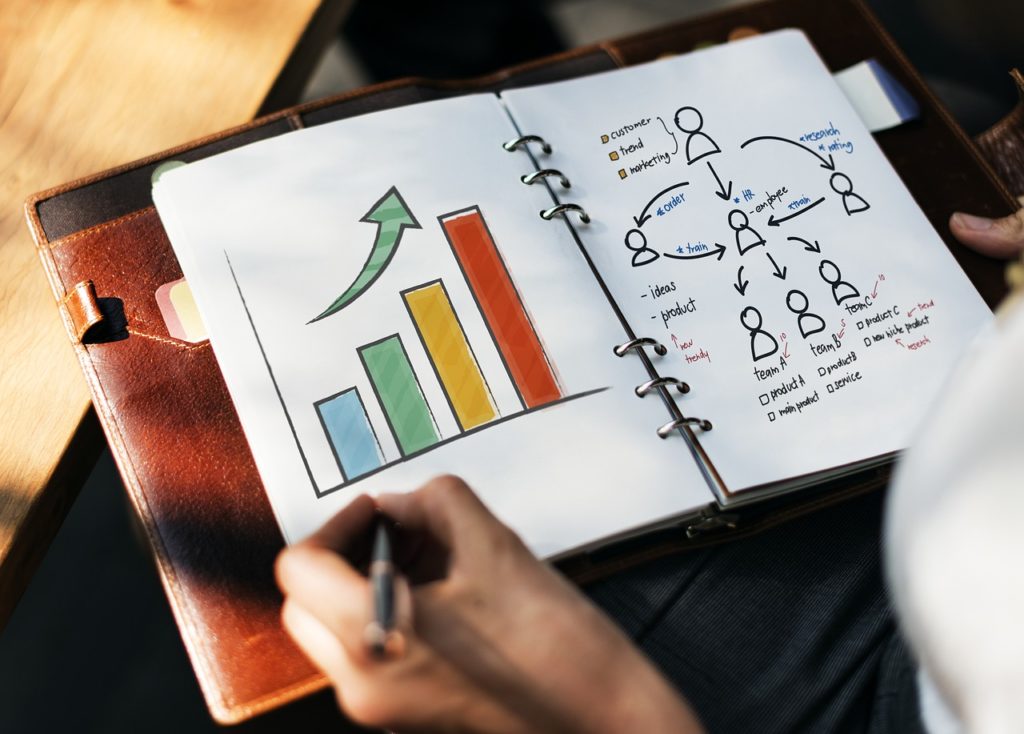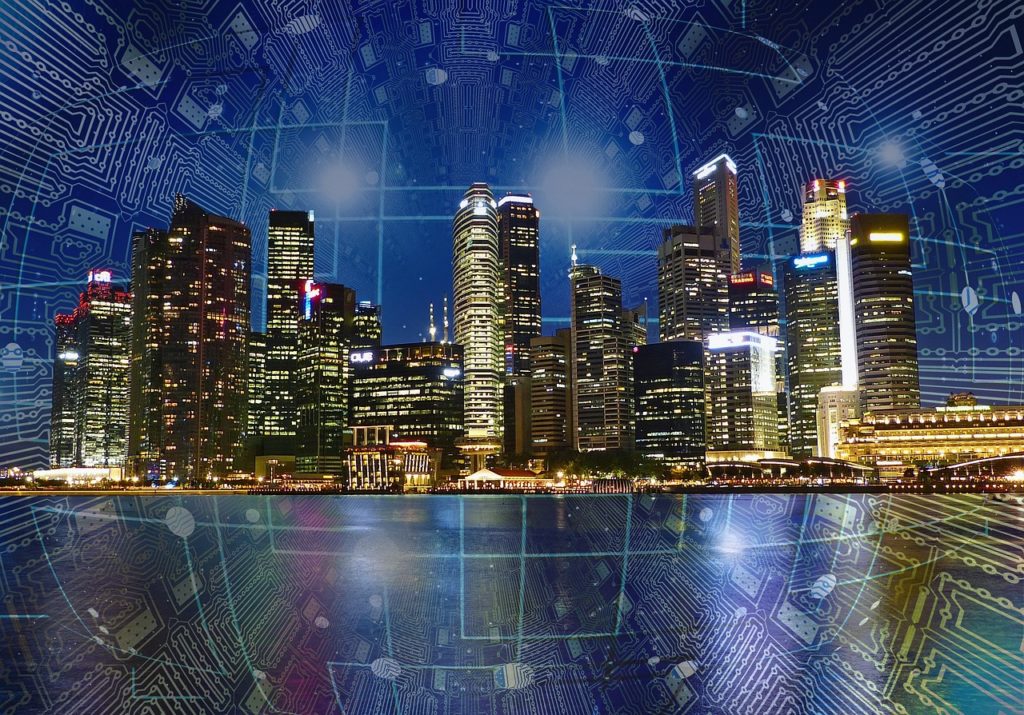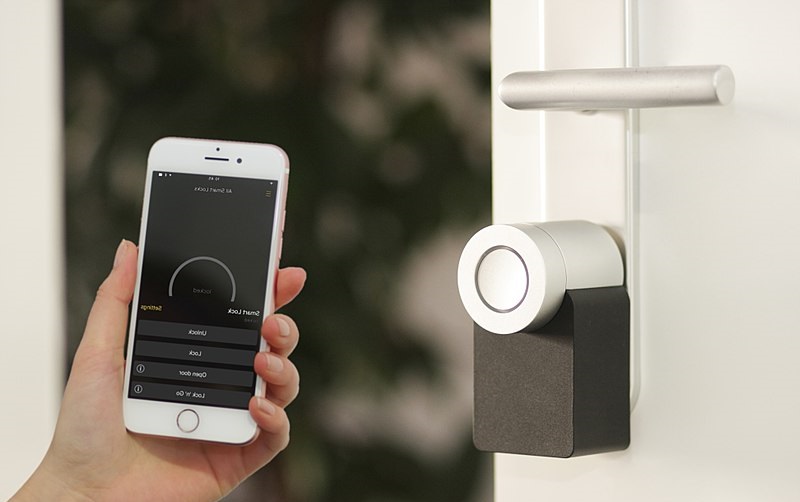You’ve probably heard and read about the concept known as the “Internet of things” (IoT), whether in your boardroom, at the office watercooler, or in a dinner table conversation. It would be unusual if you haven’t, since it is an increasingly hot topic of conversation. But what exactly is the internet of things? How is this technology going to transform our lives? And how can small and medium businesses use it to transform their operations?
The salient fact underlying the feasibility of the internet of things is that broadband internet has steadily become cheaper and more available over the past two decades. More and more devices with embedded wi-fi capabilities are being manufactured, smartphones have become ubiquitous and the tech costs have plummeted. So a critical mass is being created in which the IoT, once a pipe dream, have crossed the event horizon into realizability.
So… what exactly is the IoT?
Imagine each and every electronic device connected to the internet. Coffee machines, refrigerators, smart cars, air conditioners, washers/dryers, lights, and various wearable devices such as headphones. Does it have an on/off switch? Then it can be part of the IoT. How many “things” are we talking about exactly? Well, according to one analyst, by 2020 we are talking about 26 billion online “things”. That’s right. 26 billion electronic devices. How do you like them apples?
Now add a few billion more people to this grid – because people will most definitely be among the “things”. What we are looking at is a world in which every individual will be able to interact with any other individual or device on the grid to whom he has any connection or access… and the things will be interacting with each other as well!
Futuristic visions aside (and remember, this is a year or two in the future, not science fiction!), how will this impact your business? What does it mean to run a business in a world where “Anything that can be connected, will be connected”? How is this constant chattering between devices an opportunity for you, or your business?
Let’s consider a few examples of possible benefits:
- You are rushing to a meeting whose location is stored on your google calendar. Your Waze or Waze like navigation app (or even your smart, self-navigating car) is connected to the calendar and automatically charts the best route to the meeting. Still running late? Then the car sends a text to the other party notifying them of your ETA.
- When you set your alarm clock your other household appliances, from your coffee maker to your water heater are immediately notified and activated. You can shave, have a hot shower and gulp down your coffee, all without flipping a switch. And if your flat is equipped with a futuristic smart wardrobe or refrigerator-oven you might even don a pressed and ready suit suitable for today’s big meeting (or slacks and a T-shirt for “casual Tuesday – you wardrobe is connected to your calendar, remember?) and have a hearty breakfast without needing to rummage through messy refrigerator shelves before you rush off to work in time to catch public transportation just in time (courtesy of your smartphone app and the bus’s chip).
- You may love you job, but a wearable device can provide you (or your boss…) with a daily report of your most productive periods and work areas. Don’t worry, though – at least you won’t waste time scrounging for office supplies – all the office equipment will both notify and automatically order the necessary supplies if they are running low.


